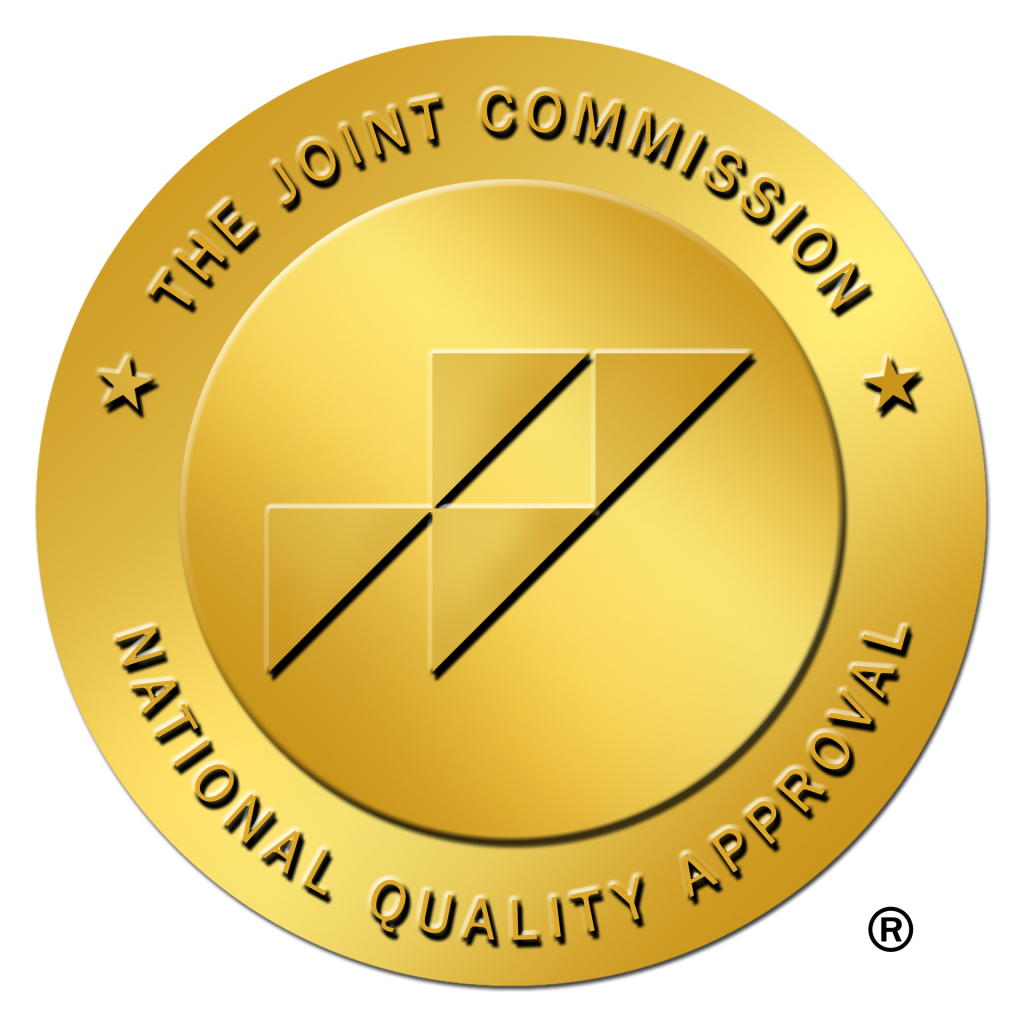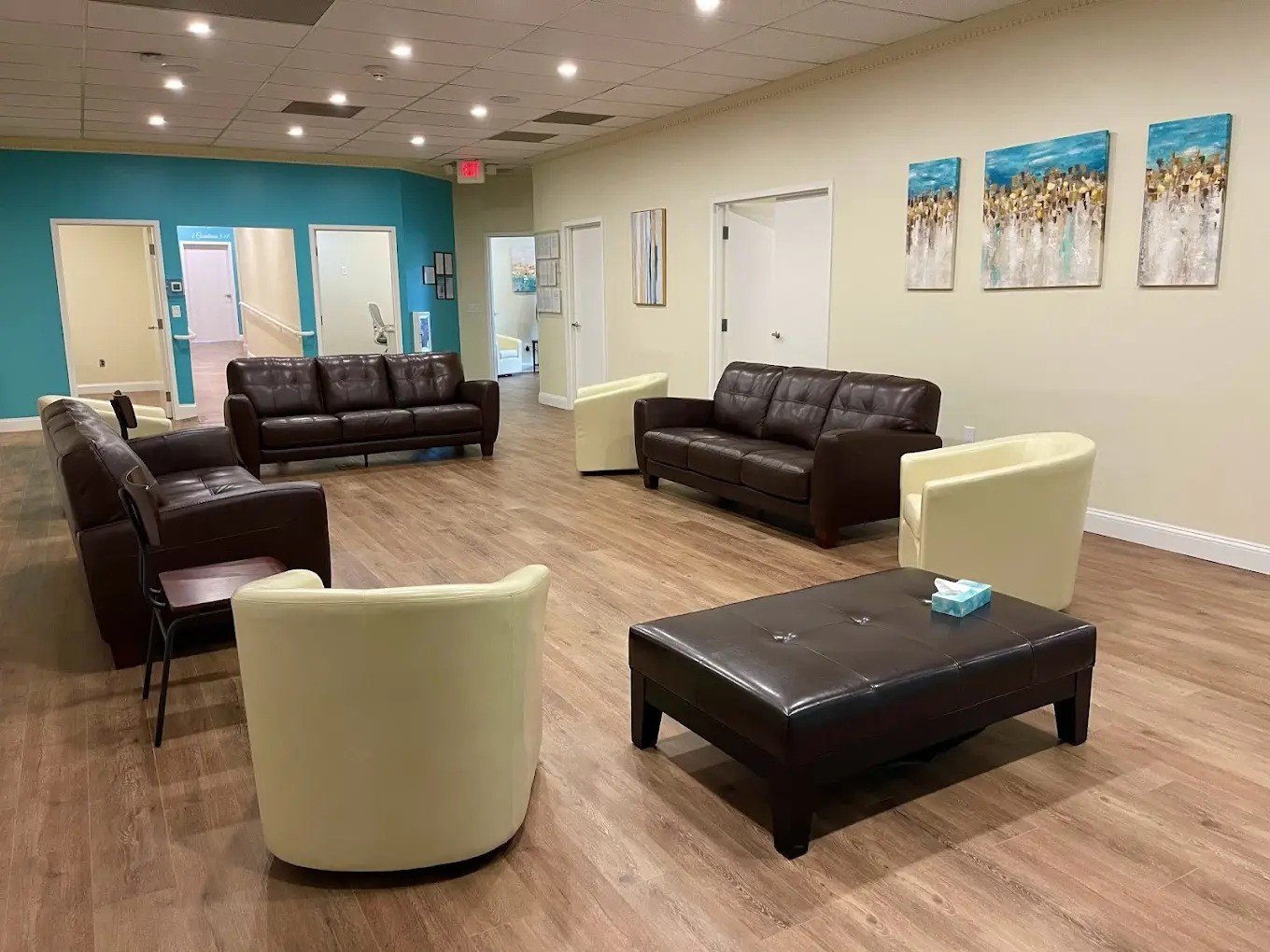Iop Near Morris County Nj
Benefits of Intensive Outpatient Programs
Intensive Outpatient Programs, commonly referred to as IOPs, offer a balance between full-time residential treatment and traditional outpatient therapy. Patients in these programs benefit from the structured support of therapy while still having the flexibility to maintain their everyday lives. With session frequencies ranging from three to five days a week, IOP allows individuals to continue working or attending school while receiving comprehensive treatment.
Patients participating in IOPs near Morris County NJ have the advantage of staying connected to their communities and families. This continuity allows them to practice new coping strategies in real-life settings, with the safety net of regular therapeutic support. For those who may not require the intensive monitoring of a hospital setting, IOPs provide a middle ground where substantial progress can be made with the guidance of skilled professionals.
Individualized Treatment Approach
One of the key elements in successful IOPs near Morris County NJ is the holistic, individualized treatment plans crafted for each participant. At New Chapter Recovery, each client receives a personalized care strategy that addresses both substance use and any co-occurring mental health issues. The multidisciplinary clinical team utilizes evidence-based therapies like CBT, DBT, and ACT, ensuring that treatment adapts to each client’s unique challenges and goals.
Importance of Dual Diagnosis Treatment
Substance use disorders often occur alongside mental health conditions, a phenomenon known as dual diagnosis. This interplay can complicate the recovery process if not properly addressed. At New Chapter Recovery, the integration of dual diagnosis treatment is a cornerstone of their program. This approach ensures that both conditions are treated simultaneously, preventing relapse and promoting sustainable recovery. By utilizing trauma-informed clinical practices, clients receive care that acknowledges and addresses the underlying causes of addiction.
Offering dual diagnosis services not only enhances the efficacy of addiction treatment but also improves patients’ overall well-being. This comprehensive strategy allows participants to make strides in their mental health while working towards sobriety, ultimately leading to more holistic and enduring recovery outcomes.
Flexible Scheduling and Accessibility
Flexibility is a critical factor for many individuals seeking treatment, especially working professionals and students who cannot afford to disrupt their daily routines. IOPs near Morris County NJ, such as those at New Chapter Recovery, offer flexible session schedules to accommodate a variety of needs. Clients can attend therapeutic sessions during the day or in the evening, allowing them to maintain employment or educational commitments while progressing through treatment.
Accessibility extends beyond scheduling; New Chapter Recovery’s location in Parsippany-Troy Hills makes it a convenient option for residents in Morris County and surrounding areas. This geographical advantage allows clients to access high-quality care without the burden of long commutes, making the pursuit of recovery both practical and achievable.
Experienced and Empathic Clinical Team
The success of any treatment program hinges significantly on the expertise and compassion of its clinical team. At New Chapter Recovery, therapists, psychiatrists, and support staff work collaboratively to foster an environment of understanding and acceptance. Their empathetic approach helps build trust between clients and clinicians, which is crucial for effective therapy.
Clinicians at New Chapter Recovery are not only experts in their fields but also exhibit a deep commitment to their clients’ recovery journeys. This team is adept at addressing complex cases involving both addiction and mental health, using a range of therapeutic modalities to best meet individual client needs.
Integrating Specialty Tracks
Recognizing that each individual’s recovery journey is unique, New Chapter Recovery offers specialty tracks to cater to specific population needs. These tracks include animal-assisted therapy, veterans treatment, and faith-based recovery options. By offering diverse therapeutic avenues, clients can engage in experiences that resonate with their personal beliefs and life circumstances.
Specialty tracks enhance engagement and motivation, encouraging participants to remain committed to their treatment plans. For instance, animal-assisted therapy can provide comfort and companionship, while faith-based programs offer spiritual guidance and community support. The inclusion of these tracks underlines the center’s commitment to holistic and personalized recovery pathways.
Long-Term Recovery and Relapse Prevention
The journey to recovery extends far beyond the walls of a treatment center. Long-term sobriety requires robust relapse prevention strategies and ongoing support. New Chapter Recovery places a strong emphasis on equipping clients with the tools necessary for maintaining sobriety after completing IOP near Morris County NJ.
The focus on individualized goal setting and therapeutic modalities ensures that clients not only achieve sobriety but also cultivate lifestyle changes that support long-term recovery. Relapse prevention plans, combined with coordinated aftercare, provide a framework for clients to successfully reintegrate into their communities while continuing to thrive in their personal recovery journeys.
Admissions and Insurance Support
Navigating the admissions process can be overwhelming, particularly when combined with the urgency of seeking treatment. At New Chapter Recovery, the admissions team delivers a streamlined process with free confidential assessments and same-day admissions. This swift and efficient approach reduces wait times, enabling individuals to begin their recovery journeys without unnecessary delays.
Insurance verification is another area where New Chapter Recovery excels. The dedicated insurance verification team conducts checks quickly, ensuring that clients receive the benefits entitled to them. By expediting out-of-network and Tricare benefit checks, the center minimizes financial uncertainties, allowing clients and their families to focus on healing and recovery.
Community Engagement and Support
Recovery is most successful when individuals remain connected to supportive networks that encourage positive change. New Chapter Recovery understands the importance of community and family involvement in the recovery process, actively fostering connections with local organizations and resources to enhance client support systems.
The center’s outreach extends beyond its immediate clientele to include community referrals and clinical partnerships, creating a robust network of support for anyone seeking help. By maintaining transparent communication with families and referral sources, New Chapter Recovery reinforces trust and collaboration, integral components of sustained recovery success.
How effective are Intensive Outpatient Programs (IOPs) in treating substance use disorders?
IOPs can be highly effective for many individuals struggling with substance use disorders, particularly when they offer a comprehensive, individualized approach to treatment like we do at New Chapter Recovery. The effectiveness largely depends on several factors, including the quality of the program, the commitment of the individual, and the support systems in place. Research indicates that therapies like Cognitive Behavioral Therapy (CBT) and Dialectical Behavior Therapy (DBT), which we employ, are effective in reducing substance use and improving mental health outcomes. Our clients often find that the balance between therapeutic support and real-world application enhances their ability to implement lasting changes, a sentiment echoed in several studies on outpatient treatment efficacy. For instance, a client once shared how being able to practice new coping skills immediately in their everyday life made a significant difference in their recovery journey. Have you noticed any particular strategies or therapies that resonate with you in the context of outpatient treatment?
What are some common misconceptions about dual diagnosis treatment in addiction recovery?
A prevalent misconception is that treating substance use alone will automatically improve mental health conditions. However, dual diagnosis treatment, like what we offer at New Chapter Recovery, emphasizes the simultaneous treatment of both substance use and mental health disorders. These conditions are often interlinked, and failing to address them concurrently can lead to incomplete recovery. Trauma-informed care practices, which we apply, are vital in understanding the complexities of dual diagnosis. Another misunderstanding is the belief that dual diagnosis is rare, but in reality, it’s very common among individuals seeking substance use treatment. Addressing this misconception is crucial, as clients frequently find relief in knowing their experience is understood and supported within a structured program. Do you feel there’s enough awareness about the importance of addressing co-occurring disorders in your community?
Why is an individualized treatment approach crucial for success in an IOP setting?
An individualized treatment approach ensures that therapy is tailored to the specific needs and circumstances of each client, which is critical for effective recovery. At New Chapter Recovery, we create personalized care strategies that are not only informed by our clients’ unique histories and goals but also adaptable as they progress. This flexibility allows clients to receive care that remains relevant and integrated with their evolving circumstances. For instance, by incorporating therapies like Acceptance and Commitment Therapy (ACT) and motivational interviewing, we can cater to diverse personal narratives and drive motivation for change. This personalized approach has been pivotal for clients working through their recovery journey while balancing life outside treatment. Could you see how personalized attention might enhance engagement and outcomes in healthcare settings you’ve experienced?
How do flexible scheduling and location accessibility benefit clients in IOPs?
Flexible scheduling is crucial for clients who have commitments such as work or school–allowing them to receive treatment without disrupting their daily routines. At New Chapter Recovery, we offer sessions at various times, accommodating the diverse schedules of our clients. This flexibility significantly enhances participation and commitment, two key factors in successful recovery. Moreover, our strategic location in Parsippany-Troy Hills makes it convenient for local residents to access quality care without cumbersome travel, which can often be a barrier to treatment. Accessibility in both timing and location means clients can seamlessly integrate therapy into their lives, fostering consistency and long-term success. How might flexible scheduling change your approach to balancing commitments if you were to seek similar services?
What role do specialty tracks play in enhancing treatment outcomes?
Specialty tracks provide tailored routes of therapy that resonate with clients’ specific backgrounds, interests, and needs–enhancing engagement and motivation. At New Chapter Recovery, we offer options such as animal-assisted therapy and faith-based recovery, which cater to diverse personal preferences. Clients often find these tracks provide a sense of comfort and familiarity, making them more likely to engage fully in their treatment. For example, our veterans’ treatment track is designed to address the unique challenges faced by former military personnel, helping them connect with others who have similar experiences. This tailored approach fosters deeper connections and personal growth, crucial for sustained recovery. Have you found any particular activities or interests that help you feel more connected and motivated in challenging situations?
How does New Chapter Recovery support long-term recovery and relapse prevention?
Long-term recovery is a journey that extends well beyond initial treatment, and at New Chapter Recovery, we place a strong emphasis on relapse prevention and ongoing support. Our clients are equipped with individualized goal-setting and robust strategies to maintain sobriety, supported by a comprehensive aftercare plan to ease the transition back into daily life. Techniques like experiential therapy and evidence-based practices are integral to developing a sustainable recovery framework. For instance, a client who had struggled with maintaining sobriety post-treatment found that the structured aftercare and continued community support were pivotal in avoiding relapse. Reflecting on your own life, what strategies do you think would be most effective for maintaining positive changes long-term?
What should individuals expect during the admissions and insurance process at New Chapter Recovery?
Navigating admissions and insurance can be daunting, but we aim to simplify this process at New Chapter Recovery. Our admissions team provides free confidential assessments and can often facilitate same-day admissions, minimizing delays in starting treatment. Additionally, our insurance verification team is adept at handling out-of-network and Tricare benefit checks swiftly, ensuring that potential financial barriers do not hinder access to care. This streamlined approach allows clients and their families to focus more on healing than on logistical concerns. For many, knowing that this complex process is managed efficiently can ease the stress of entering treatment. Have you faced any challenges with healthcare admissions that impacted your experience or outcomes?
Why is community engagement important in the recovery process?
Community engagement is vital because it reinforces a supportive network that encourages positive change and helps prevent isolation. At New Chapter Recovery, we actively foster connections with local organizations and resources, enhancing our clients’ support systems. The involvement of family and community not only aids in recovery but also strengthens the social fabric that clients rely on post-treatment. For example, through community referrals and partnerships, clients can continue to benefit from support networks that promote accountability and growth. This community-centric approach can be a cornerstone in achieving long-term sobriety. How important do you think social connections are in your own journey towards personal or professional goals?
Resources
- Substance Abuse and Mental Health Services Administration (SAMHSA) – SAMHSA is a government agency that leads public health efforts to advance the behavioral health of the nation. They provide resources, programs, and information on substance abuse and mental health treatment.
- National Alliance on Mental Illness (NAMI) – NAMI is a nonprofit organization dedicated to providing support, education, and advocacy for individuals and families affected by mental illness. They offer resources and programs to promote mental health awareness and treatment.
- American Psychiatric Association (APA) – The APA is a professional organization representing psychiatrists in the United States. They provide resources on mental health, treatment options, and psychiatric research to promote quality care for individuals with mental health conditions.
- National Institute on Drug Abuse (NIDA) – NIDA is a government agency focused on advancing addiction science and providing resources on drug abuse prevention and treatment. They support research and initiatives to address substance use disorders.






